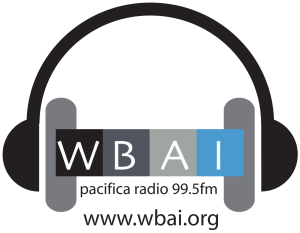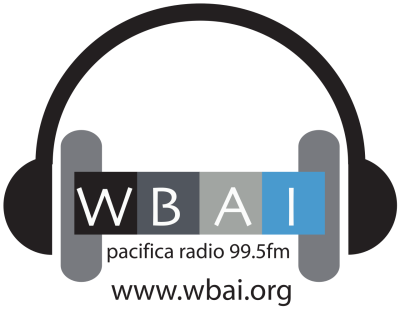There’s an old saying that “women hold up half the sky”. But around the world, women–and thus their families–are living in poverty with little access to the education that can help them to make a decent living and promote the health of their families. A longstanding international development practice has targeted investments in women’s enterprises, particularly in small businesses and agriculture. These investments have involved partnerships among public, private and philanthropic sectors. But one nurse is advocating that its time to invest in the education and work of female nurses and midwives in low income countries–and that doing so would not only be a wise investment in women’s education and economic development, but could also strengthen local health systems and reduce maternal and infant mortality.
This week’s Healthstyles program opens with producer and co-host Diana Mason, PhD, RN, FAAN, talking this nurse about her new approach to women’s economic development in low resource countries. The nurse is Marla Salmon, ScD, RN, FAAN, Professor of Nursing and Global Public health, and Senior Visiting Fellow at the Evans School of Public Affairs at the University of Washington. She is also a member of the Institute of Medicine where she has worked on developing this idea and building multi-sector support for it. You can listen to the interview here:
Podcast: Play in new window | Download
The second half of Healthstyles focuses on unnecessary care. The United States spent between $158 billion and $226 billion on overtreatment in 2011. This overtreatment includes unnecessary tests and procedures that can be harmful and costly. For example, pregnant women who deliver in a hospital are often put on continuous electronic monitoring of fetal heart rate ostensibly to ensure that the soon-to-be-born baby is not in distress. But the monitoring means that the laboring woman is unable to move around, which can slow down the labor, and misinterpretation of the monitoring can lead to unnecessary inducement of labor or Caesarean sections that can jeopardize the health and outcomes for both the mother and the infant.
So why do we do these unnecessary tests and procedures and how do we know what is unnecessary? Choosing Wisely is designed to help the public identify which tests and procedures should be questioned if recommended by a provider. On the second half of Healthstyles, Diana Mason discusses the problem of unnecessary care and the Choosing Wisely initiative with Daniel Wolfson, MHSA, Executive Vice President of the ABIM Foundation that developed Choosing Wisely; Karen Cox, RN, PhD, FAAN, Chief Operating Officer of Mercy Children’s Hosptial in Kansas City, MO, and the chair of the American Academy of Nursing’s Task Force for selecting nursing’s list of Choosing Wisely recommendations; and Lisa Woodward, Vice President of Nursing Education at Doctors Hospital at Rennaisance in Edinburg, Texas, and Co-leader of the South Region for the Texas Action Coalition that is involved in promoting the use of the Choosing Wisely list throughout the state.
You can listen to the segment on unnecessary care and Choosing Wisely here:
So tune in for Healthstyles on Thursday, December 11, 2014, on WBAI in New York City at 99.5 FM or online at wbai.org.
Healthstyles is sponsored by the Center for Health, Media & Policy at Hunter College, City University of New York.





